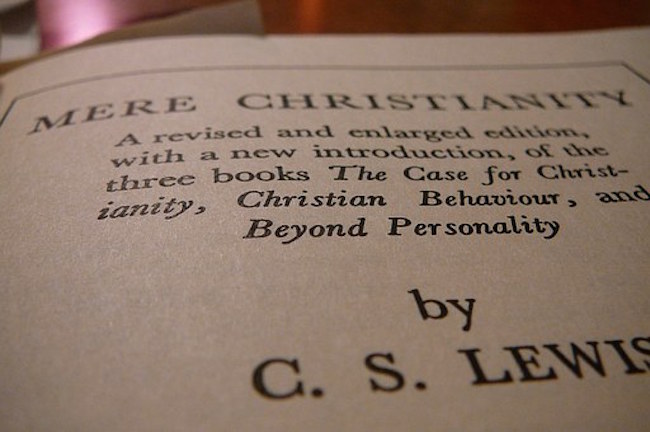How The Suffering Of World Wars Seeded The Creativity Of J.R.R. Tolkien And C.S. Lewis By Joseph Loconte for The Federalist
‘If they won’t write the kinds of books we want to read,’ Lewis announced to Tolkien, ‘we shall have to write them ourselves.’
“The next few years will be ghastly,” wrote C.S. Lewis in September 1939, just two weeks after Nazi Germany invaded Poland.
Although a man of faith, Lewis confessed to a friend that his nerves were “often staggered” by the news from week to week. A combat veteran of World War I, Lewis described “the ghostly feeling that it has all happened before.”
Writing at about the same time, an Oxford University colleague, J.R.R. Tolkien, explained to his publisher that “the anxieties and troubles that all share,” coupled with new responsibilities in “this bewildered university,” had made him “unpardonably neglectful” of his efforts to finish his sequel to “The Hobbit.”
Even if 2020 goes down as the year of the pandemic, the year that everyone wanted to forget, it also brought a cure as we forge through 2021: The next few months may be ghastly until it fully arrives, but there is a distant light in the night sky.
There were not many bright spots in the years 1939-1945 when it seemed that not only Great Britain but Western civilization itself sat on the edge of a knife. Yet these years proved to be among the most creative and meaningful for two of the 20th century’s greatest Christian authors. Indeed, those uncertain times were the crucible for a friendship that helped to ignite their astonishing literary imagination.
The war that brought unspeakable suffering also contributed to the creation of some of the most beloved and heroic literature of modern times. Gloom and defeatism were the order of the day. From the moment Great Britain declared war on Germany, the military situation went from bad to worse. Poland, Denmark, Norway, Belgium, Holland, France — all collapsed before the German blitzkrieg.
Within days after becoming prime minister, Winston Churchill was forced to evacuate 338,000 British and French troops at Dunkirk, what he called “a colossal military disaster.” All of Britain braced for an invasion as Adolf Hitler sent his bombers to destroy London.




